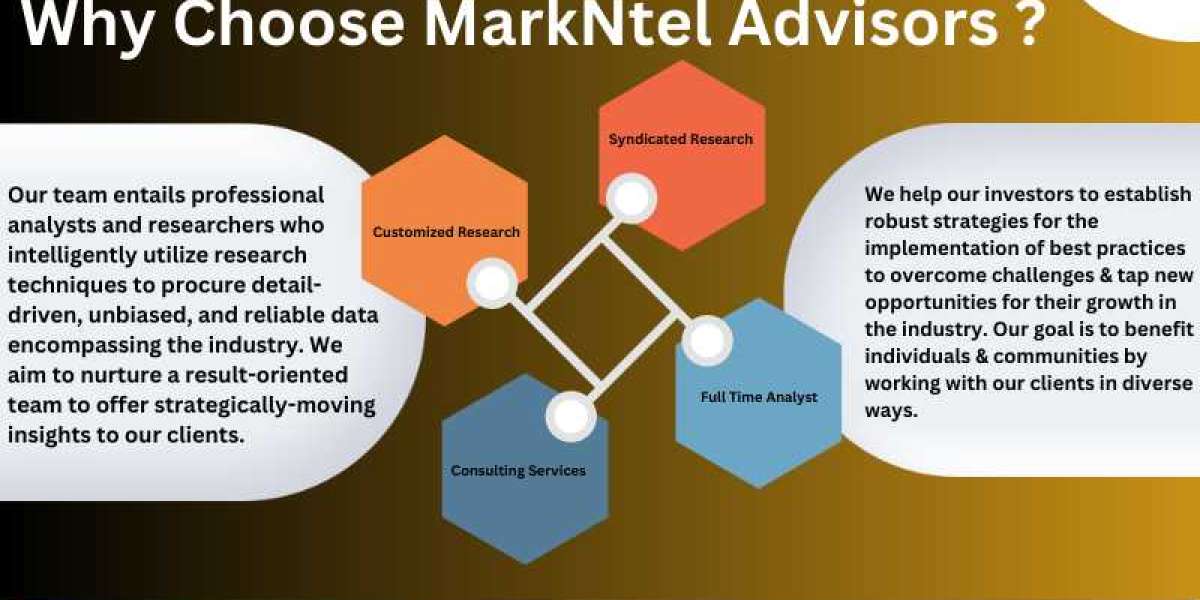Practice management software (PMS) has become a vital tool in the healthcare industry, particularly for physicians' offices and group practices. This software streamlines various administrative and clinical operations, offering a range of benefits that enhance efficiency, improve patient care, and optimize financial management.
In this article, we will explore the advantages of using medical practice management software in healthcare settings, focusing on its impact on operational efficiency, patient experience, compliance, and overall profitability.
1. Operational Efficiency
One of the primary advantages of practice management software is the significant improvement in operational efficiency. This software automates routine administrative tasks, such as scheduling, billing, and patient record management. By doing so, it reduces the time and effort required for manual data entry and management.
For instance, automated appointment scheduling can minimize the occurrence of double-bookings and reduce no-show rates by sending reminders to patients. Moreover, electronic billing systems streamline the claims process, reducing errors and speeding up reimbursement.
Practice management software also facilitates better resource allocation by providing real-time insights into the utilization of staff and facilities. This allows practices to optimize their schedules, ensuring that resources are used effectively and reducing patient wait times. Additionally, the software's integration with electronic health records (EHR) systems enables seamless sharing of patient information, enhancing communication and coordination among healthcare providers.
2. Improved Patient Experience
The patient experience is a crucial aspect of healthcare delivery, and practice management software can play a significant role in enhancing it. By offering online appointment booking and patient portals, this software provides patients with convenient access to their healthcare providers. Patients can schedule appointments, view their medical records, and communicate with their healthcare team from the comfort of their homes. This level of accessibility fosters a more patient-centered approach to care.
Furthermore, practice management software can improve the overall quality of care by ensuring that patient information is accurate and up-to-date. With easy access to comprehensive patient records, healthcare providers can make better-informed decisions and provide personalized treatment plans. The software can also assist in managing patient follow-ups and preventive care, ensuring that patients receive timely reminders for vaccinations, screenings, and other essential services.
3. Enhanced Compliance and Security
Compliance with healthcare regulations and standards, such as the Health Insurance Portability and Accountability Act (HIPAA) in the United States, is critical for any healthcare practice. Practice management software is designed to help practices adhere to these regulations by providing secure data storage and transmission solutions.
The software typically includes features such as encryption, access controls, and audit trails to protect sensitive patient information from unauthorized access and breaches.
Additionally, practice management software can assist in maintaining accurate and complete records, which is essential for compliance with medical billing and coding standards. By reducing errors in medical coding services and billing, the software helps practices avoid costly penalties and audits. It also supports practices in keeping up with changes in regulations and ensuring that their operations remain compliant.
4. Financial Management and Profitability
Effective financial management is crucial for the sustainability of any healthcare practice. Practice management software offers tools that help practices streamline their financial operations, including billing, invoicing, and revenue cycle management. By automating these processes, the software reduces the likelihood of errors and ensures timely submission of claims and invoices.
The software also provides valuable financial analytics and reporting features, enabling practices to monitor their financial performance closely. Practices can track key metrics such as revenue, expenses, and cash flow, allowing them to make informed decisions and identify areas for improvement. Additionally, practice management software can facilitate better negotiation with insurance companies by providing detailed reports on claim denials and payment patterns.
5. Scalability and Customization
Practice management software is highly scalable and can be customized to meet the unique needs of different healthcare practices. Whether it's a small solo practice or a large multi-specialty group, the software can be tailored to accommodate varying sizes and complexities. This scalability allows practices to expand their services and patient base without experiencing significant disruptions in their operations.
Customization options also enable practices to configure the software according to their specific workflows and preferences. For example, practices can set up custom templates for documentation, create specialized billing codes, and design workflows that align with their clinical protocols. This flexibility ensures that the software seamlessly integrates into the practice's existing processes and enhances overall efficiency.
Conclusion
In conclusion, practice management software offers numerous advantages for physicians' offices and group practices. By improving operational efficiency, enhancing patient experience, ensuring compliance, optimizing financial management, and providing scalability and customization, this software is an invaluable asset in the modern healthcare landscape.
As healthcare continues to evolve, the adoption of practice management software will likely become increasingly essential for practices seeking to deliver high-quality care while maintaining profitability and compliance.








